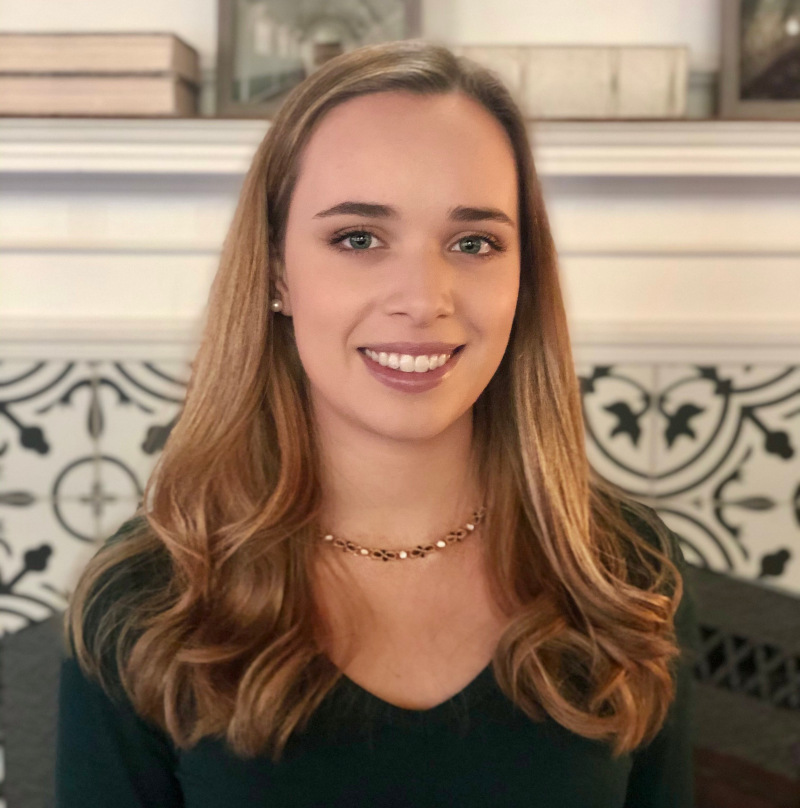Sophia D’Angelo’s experiences working in a community health center and an emergency department inspired her to pursue a career to address healthcare inequities and alleviate the growing burden of chronic diseases. The COVID-19 pandemic has further emphasized the importance of adaptability, resourcefulness, and accessibility in healthcare. The Department of Population Health Sciences’ Master of Science in Healthcare Policy and Research plays a crucial role in preparing Sophia to make the impact she hopes to on the communities around her.
A member of the 2021 cohort of the health policy and economics track, the Northborough, Massachusetts native chose Weill Cornell Medicine’s MS program because it combines her interests in research, public health, and economics while focusing on the knowledge required to be a leading health economist. She was particularly interested in the opportunity to gain extensive training in data analysis programs and to learn from professors who are involved in cutting-edge healthcare research.
Dr. Jiani Yu is one faculty member Sophia has especially enjoyed learning from. “She provided suggestions and guidance that helped me develop a research proposal for my final project which focused on rural telehealth expansion and mental health treatment during the pandemic,” Sophia said. “I was proud of my work for this assignment and I now feel more confident in my ability to write research proposals.”
As someone who has always been interested in history and politics, Sophia’s favorite course explores U.S. healthcare’s political side. “Health Policy and Political Strategy,” which is instructed by Jean Bae, teaches students to craft their own policy briefs.
“As a health policy and economics student, I have expanded my knowledge of the U.S. healthcare system and gained the research and data analysis skills required to examine healthcare problems from a well-rounded perspective,” Sophia said.
The capstone project, which has been Sophia’s favorite part of the program, is her final milestone to reach before graduation. Working under the guidance of Dr. David Slotwiner, her capstone group is examining the proportion of patients with a cardiac implantable electronic device (CIED) who receive appropriate monitoring and follow-up care. They will also determine if there are potential disparities in care for this patient population. “This project has enabled me to apply the skills I have gained in the program and I am excited to learn more about this area of research,” Sophia said.
As for what lies beyond the lecture halls and virtual Zoom rooms of the Department of Population Health Sciences, Sophia is excited to pursue a career as a health economist and work to help patients access affordable and high-quality preventative services.


